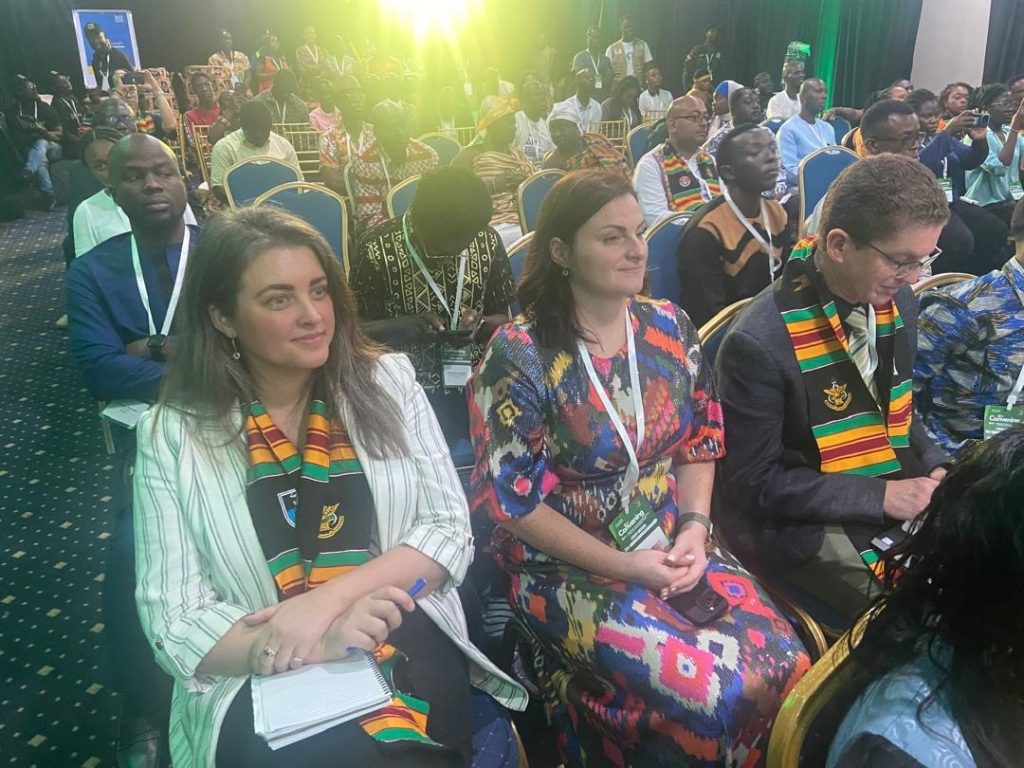By Florence Afriyie Mensah
Kumasi, Oct 28, GNA – The Africa Health Collaborative (the Collaborative), a multi-stakeholder partnership working towards transforming Africa’s Primary Health Care (PHC) systems, has emphasized the need for innovative research approaches in advancing healthcare on the continent.
They said supporting health care interventions with evidence from data generated was necessary for Africa’s quest for robust healthcare systems.
Professor Ellis Owusu-Dabo, Chairperson of the Executive Steering Committee, Africa Health Collaborative, who made the call, said the aim was to establish a resilient and robust post COVID-19 health systems by leveraging the vast data generated through the Health Collaborative initiative at the peak of the pandemic.
“We will achieve this by harnessing the talents of Africa’s highly motivated and skilled youth, alongside the dedicated commitment of stakeholders from participating institutions,” he stated.
Speaking at the 2024 Africa Health Collaborative Convening in Kumasi, he said one way to do this was “to embed research into what we do within the Collaborative”.
According to Prof. Owusu-Dabo, the Mastercard Foundation had given approval to research as a key component within the three pillars of the Africa Health Collaborative – health employment, health ecosystem and health entrepreneurship.

The three-day meeting, with support from the Mastercard Foundation, was held on the theme “Nyansapo: Innovating Health Systems in Africa for Africa and the World.”
It brought together members from nine higher education institutions forming the Collaborative, the Mastercard Foundation, stakeholders, policymakers, and entrepreneurs in health, to discuss key efforts and opportunities in Africa’s healthcare systems.
The event also focused on the role of south-south collaborations, young people and entrepreneurship in building sustainable innovative health systems.
Emerita Professor Isabella Quakyi, Foundation Dean, School of Public Health at the University of Ghana, emphasizing on the importance of research in health delivery, called for the integration of traditional medicine with modern technology to revolutionize healthcare across the continent.
This she believed could also provide innovative and culturally relevant solutions to the continent’s health challenges and reshape global health systems at large.
Dr. Bernard Okoe Boye, Minister of Health, pointed out that innovating the health system was not just a necessity, but an opportunity to create a healthier and more equitable future for Ghana by embracing innovative ideas, leveraging technology, and working together.
It was important that establishments like Africa Health Collaborative were motivated to research and come out with data driven solutions to boost health systems across the continent.
GNA